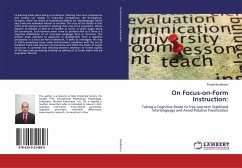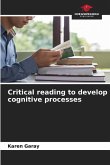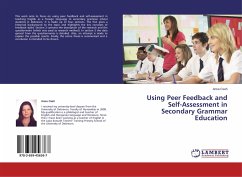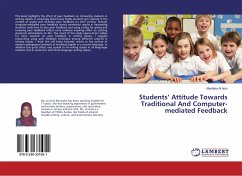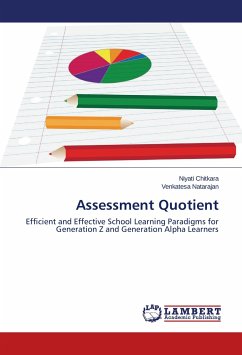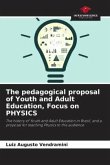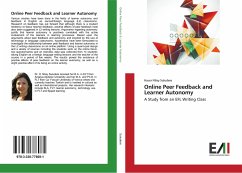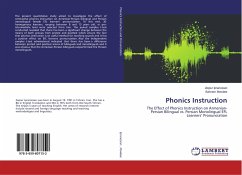L2 learning takes place along a continuum: Starting from zero competence and ending up, ideally, in native-like competence. All throughout, however, there are states of transitional dialects (or interlanguage) which vary from one individual learner to another. The crux of the matter is that while some learners succeed in working their way to L2 acquisition, others happen to stabilize at best or to fossilize at worst, at given stages along the continuum. Such learners never come to perform well as if there is a cognitive stabilization of an erroneous language form or structure. The present book attempts to approach L2 development from a cognitive perspective in a focus-on-form framework. It seeks to investigate the way in which presenting input under enhancement conditions with the use of feedback could raise learners' consciousness and affect the intake of target structures. It contends that directing learners' attention to formal aspects of the input and promoting noticing via saliency of L2 forms might well aid acquisition thereof.

